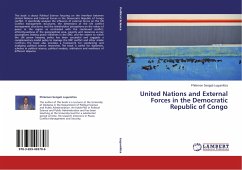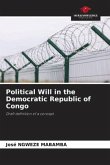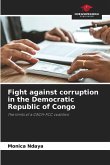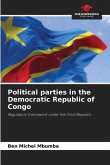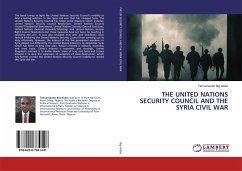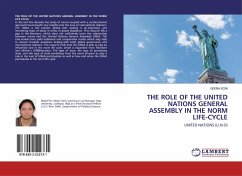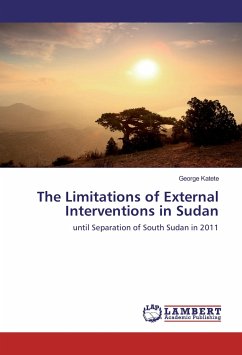This book is about Political Science focusing on the Interface between United Nations and External Forces in the Democratic Republic of Congo conflict. It specifically analyses the influence of external forces on the UN Conflict management structures; the dimensions of the UN conflict management structures; and the stakeholders' perceptions on the values of peace in the region as contrasted with the continued conflict; ethnicity,vastness of the geographical area, poverty and resources as key assumptions limiting peace initiatives in the DRC; and the extent to which the UN peace keeping policy has been successful and suggests a complementary model policy to manage the DRC conflict and other similar conflicts. The book also provides a framework for conducting and analyzing political science researches. The book is useful for diplomats, scholars in political science, political analysts, arbitrators and mediators of different disputes.

